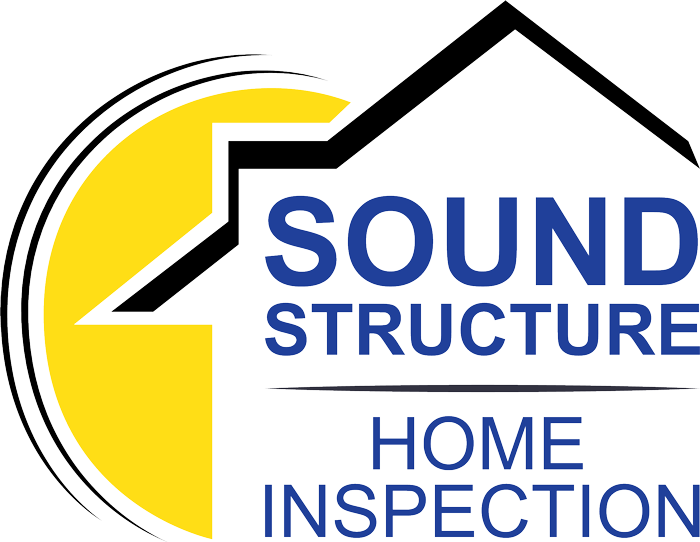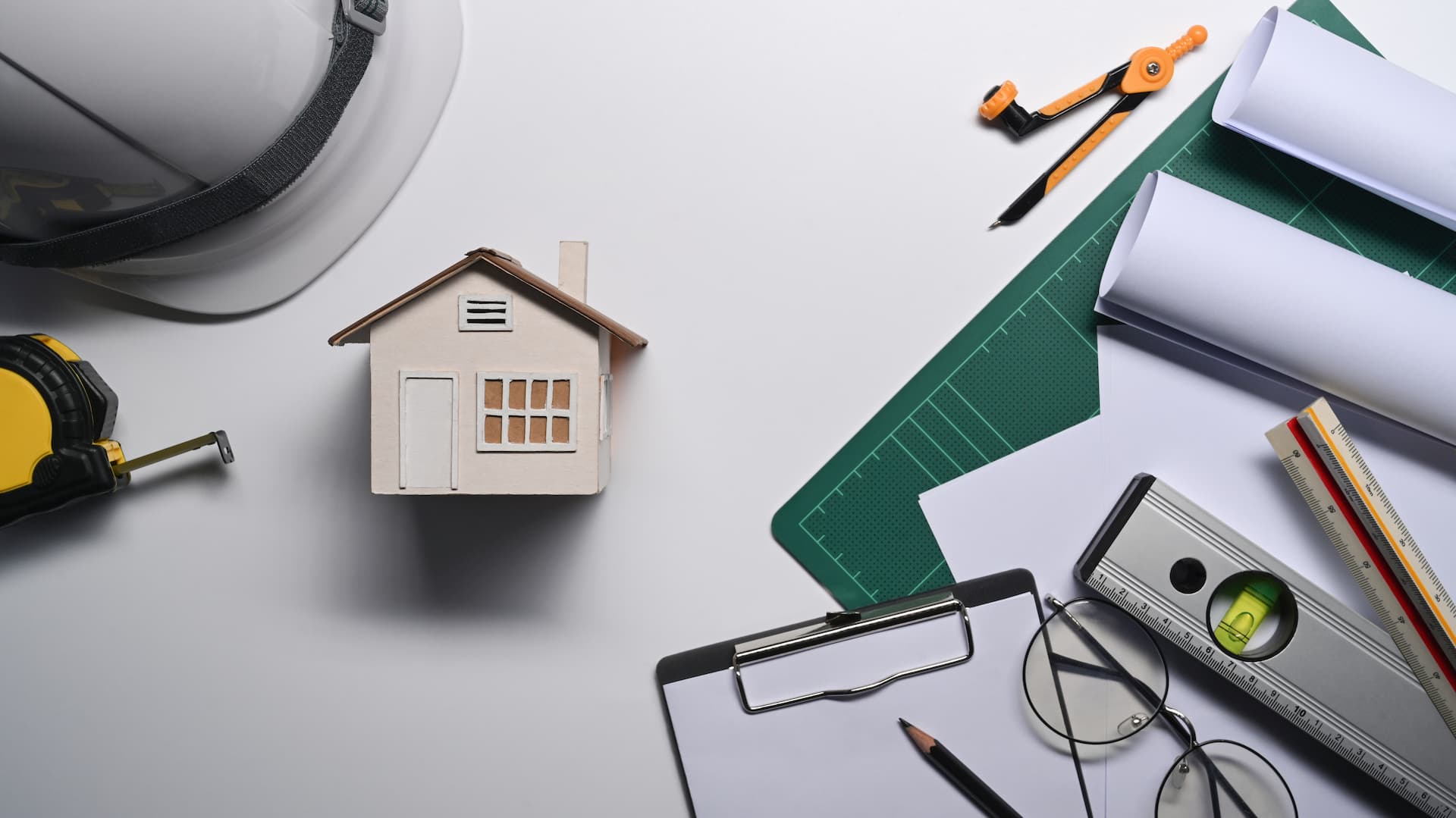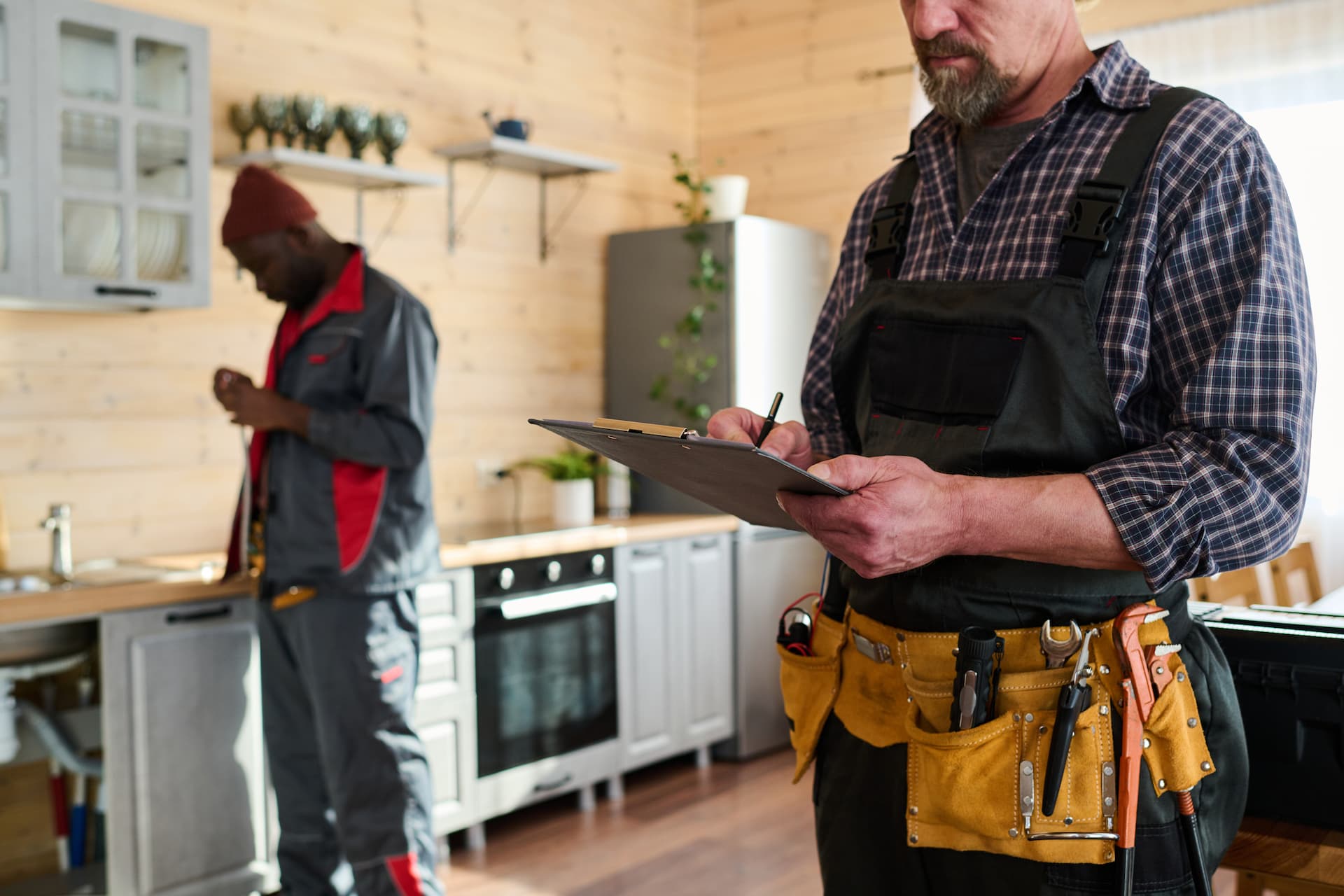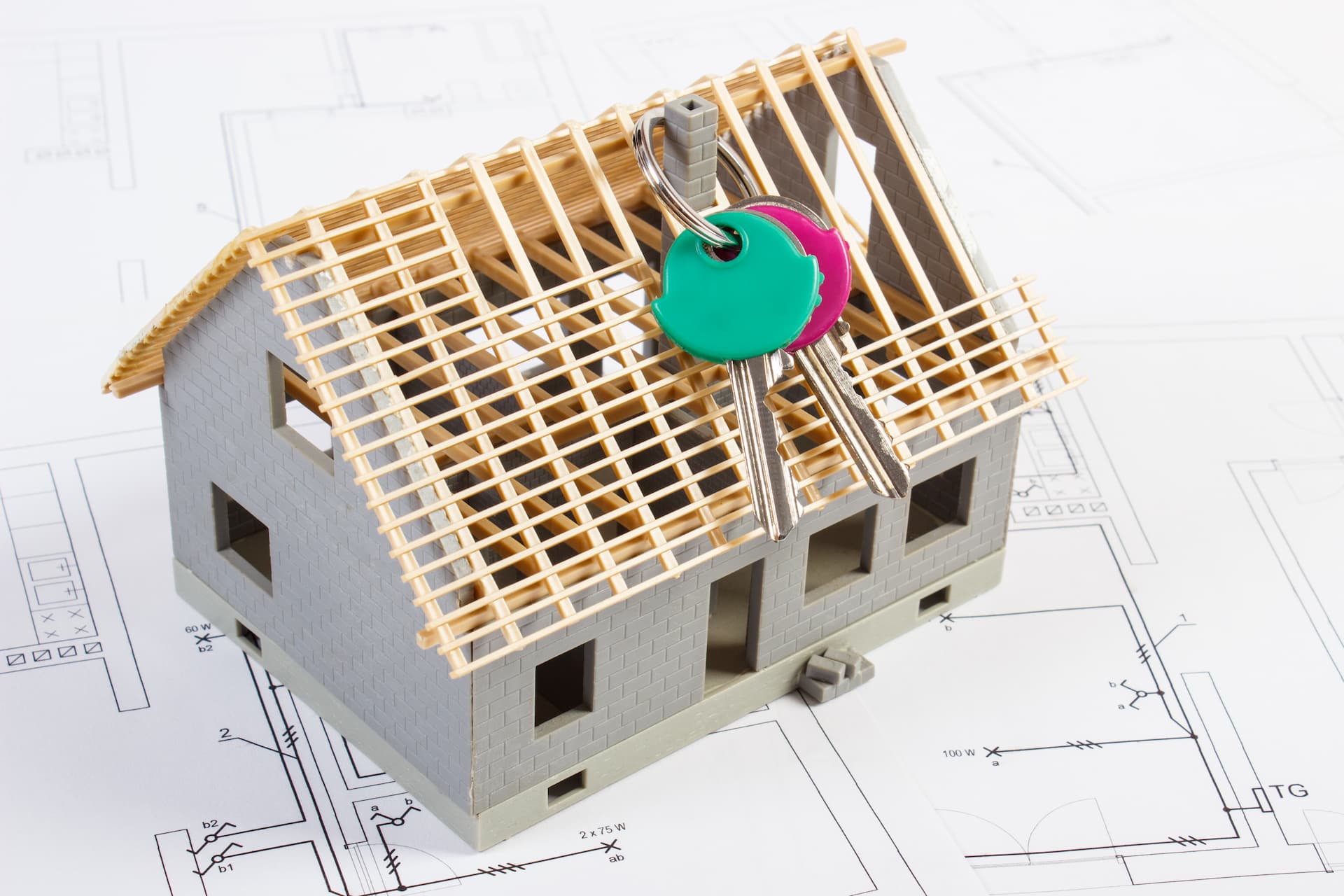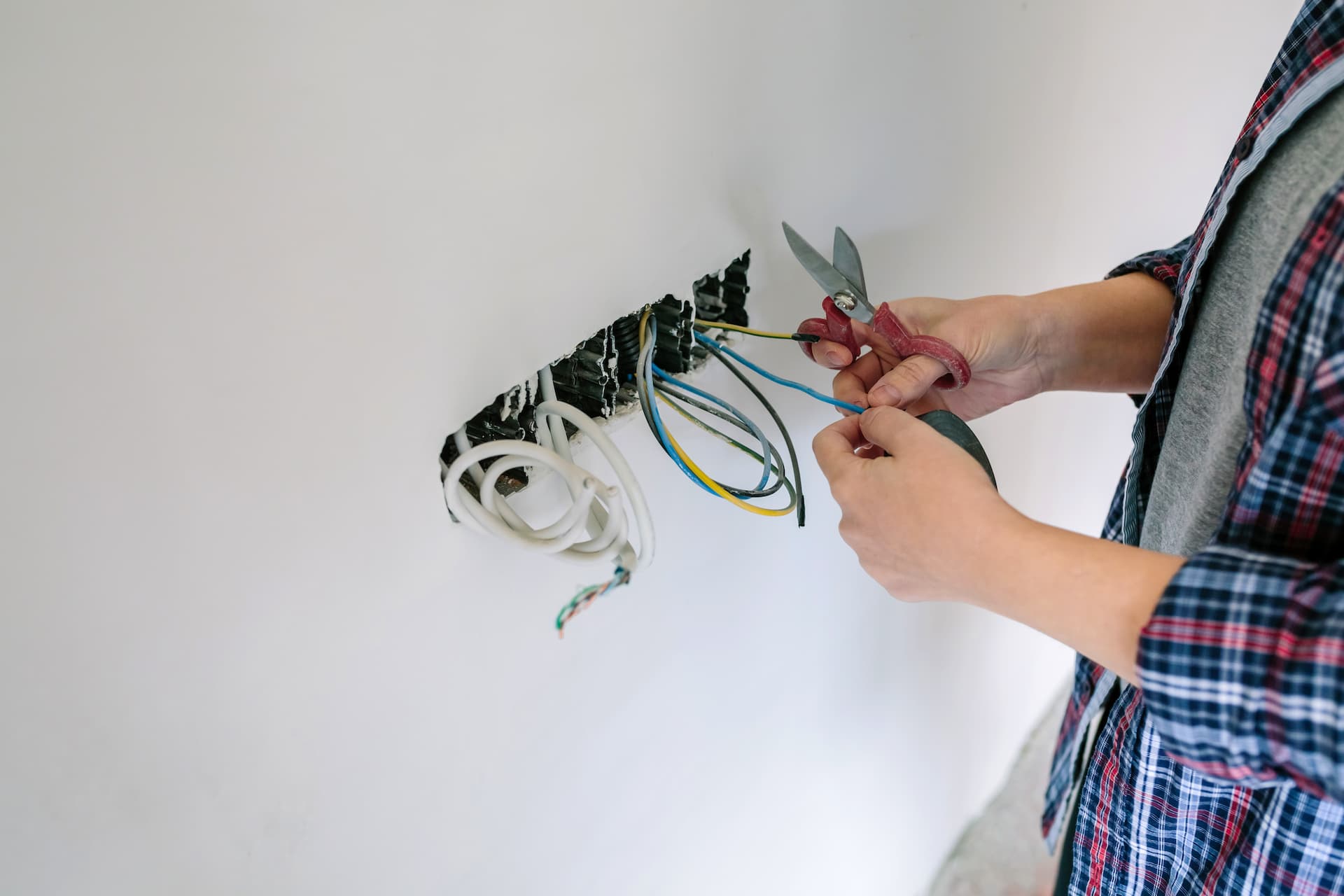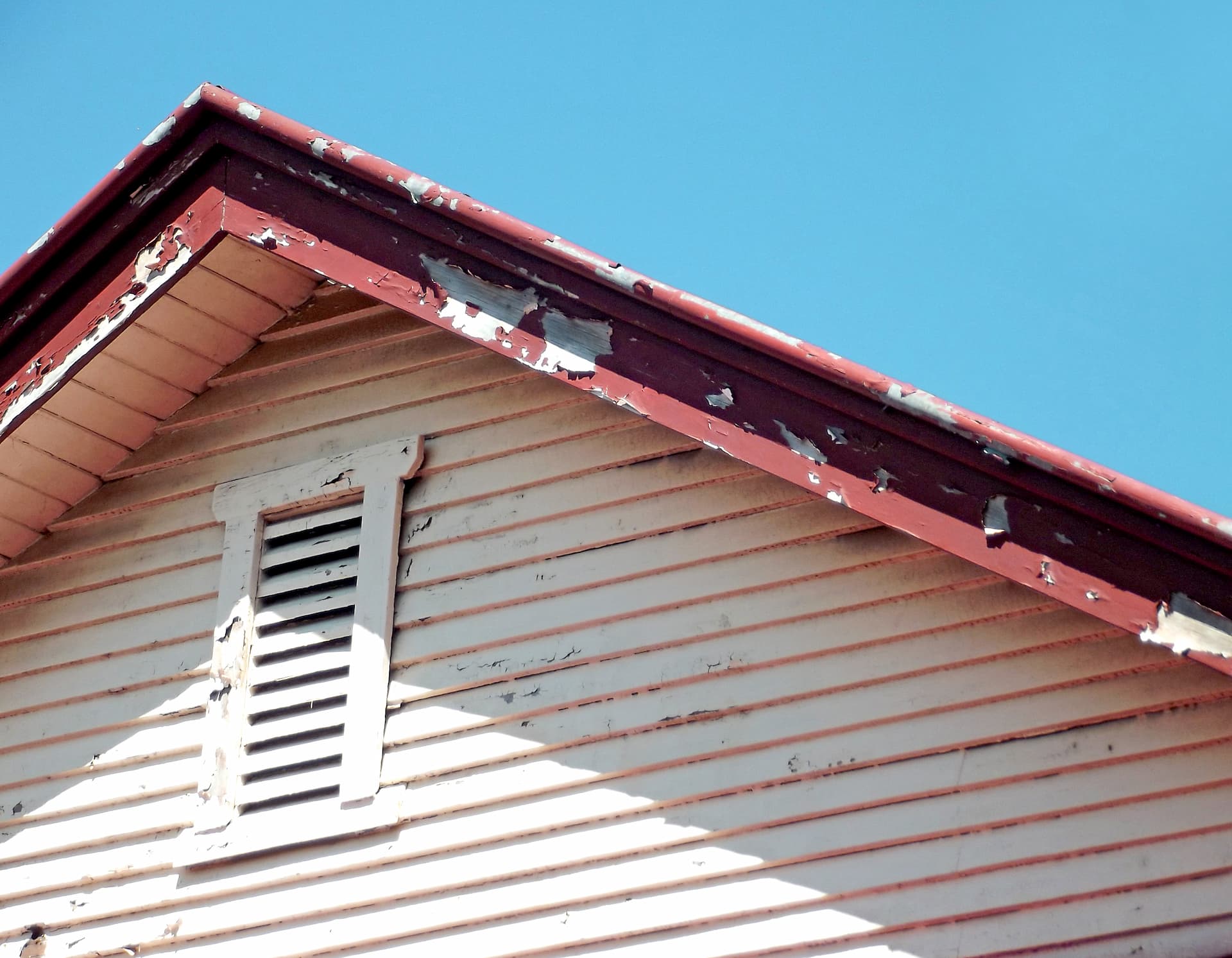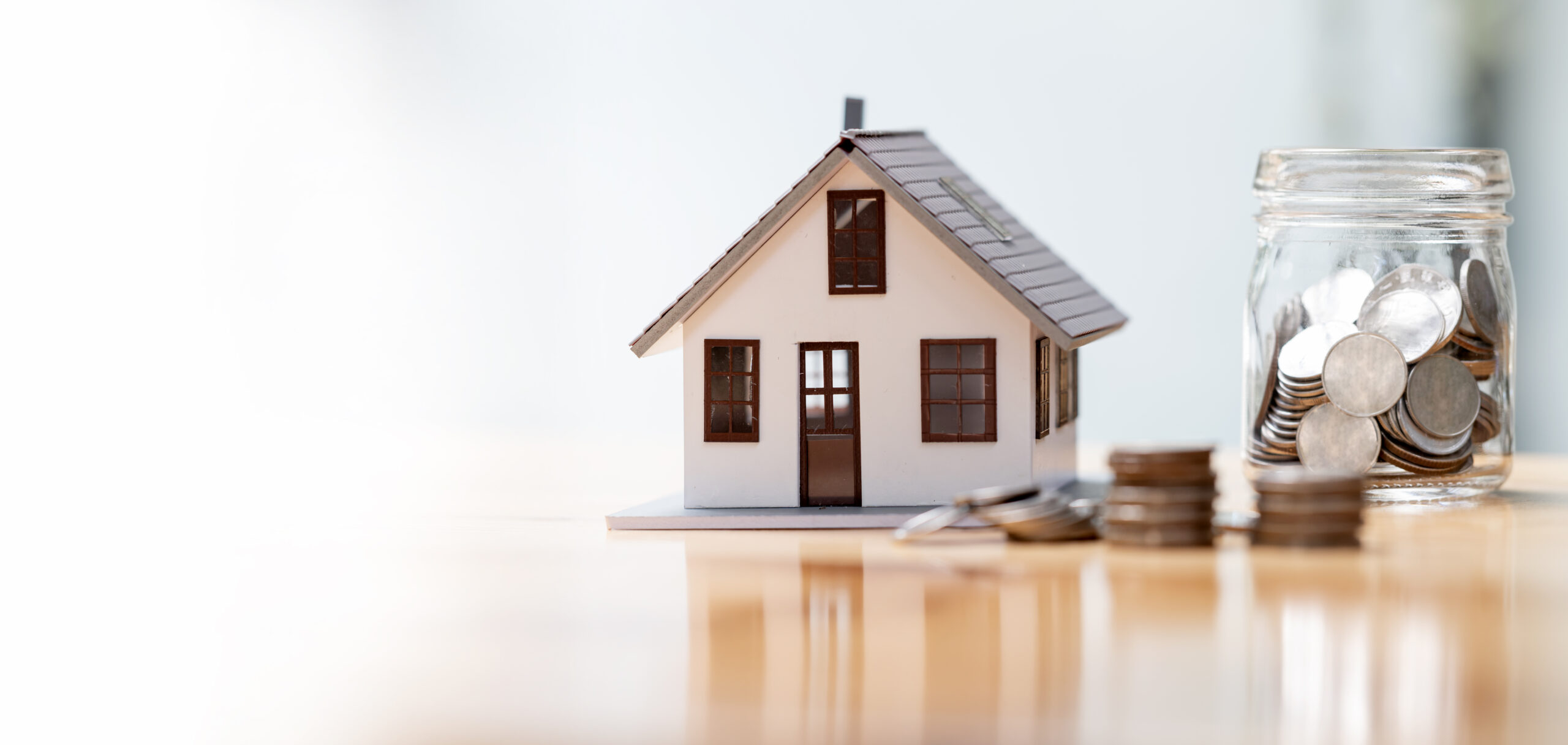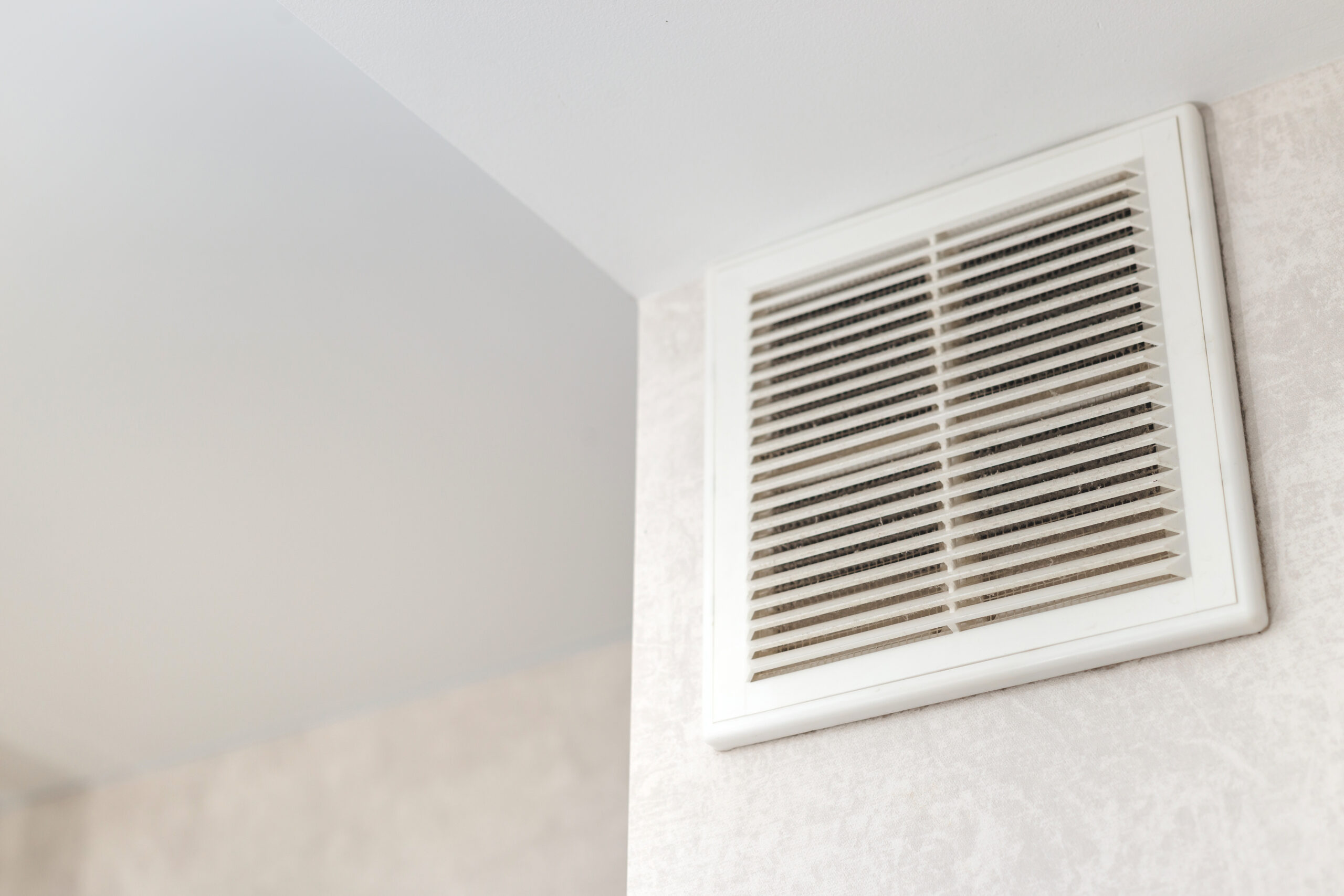How To Hire a Home Inspector
Choosing the right home inspector is a crucial step in the home-buying process. A thorough inspection can uncover hidden issues. Additionally, it can provide valuable insights into the condition of the property. In this blog, we’ll share essential tips on how to hire a home inspector with confidence. Therefore, you can ensure that you make an informed decision and protect your investment.
Essential Tips for Homebuyers
Researching Potential Inspectors
Start by asking for recommendations from trusted sources such as real estate agents, friends, or family members who have recently purchased a home. Additionally, they can provide valuable insights into their experiences with different inspectors.
Check Credentials
Verify the credentials of potential inspectors, including their certifications, licenses, and professional affiliations. Look for inspectors who are members of reputable organizations such as the American Society of Home Inspectors (ASHI) or the International Association of Certified Home Inspectors (InterNACHI).
Reviewing Sample Reports
Also, ask potential inspectors for sample inspection reports to get an idea of the thoroughness and detail of their inspections. Reviewing sample reports can help you gauge the inspector’s attention to detail and communication skills.
Asking Questions
Lastly, get to know potential inspectors and their experience and expertise in inspecting homes. A seasoned inspector with extensive experience in your area will be better equipped to identify potential issues and provide relevant insights.
Contact Sound Structure Today
Hiring the right home inspector is essential for a smooth and successful home-buying process. Follow our tips to learn how to hire a home inspector. By conducting thorough research, reviewing sample reports, asking questions, and checking reviews and references, you can find a qualified inspector who will provide valuable insights into the condition of your potential home. Speak with our team to schedule a local home inspection today!
